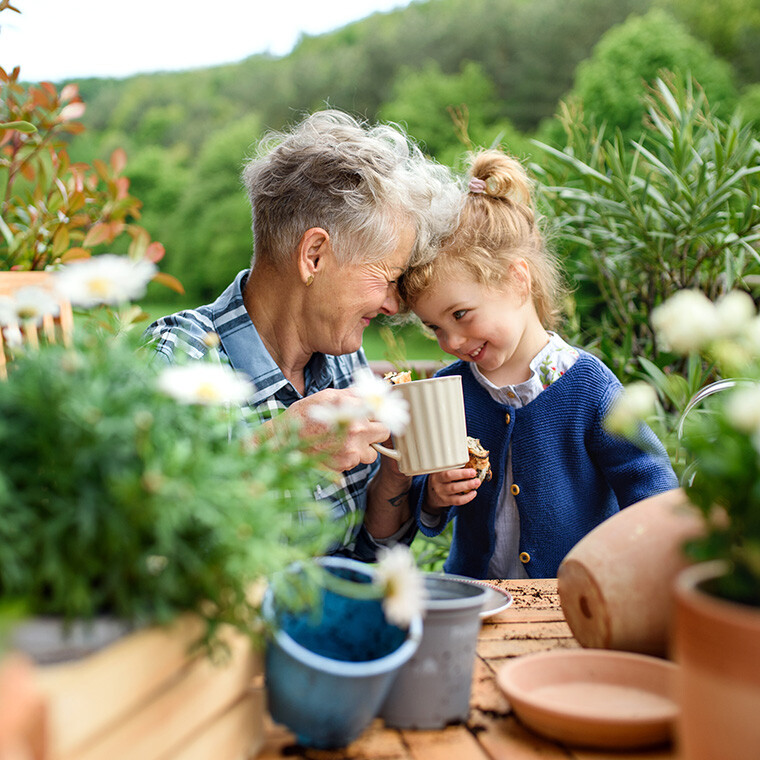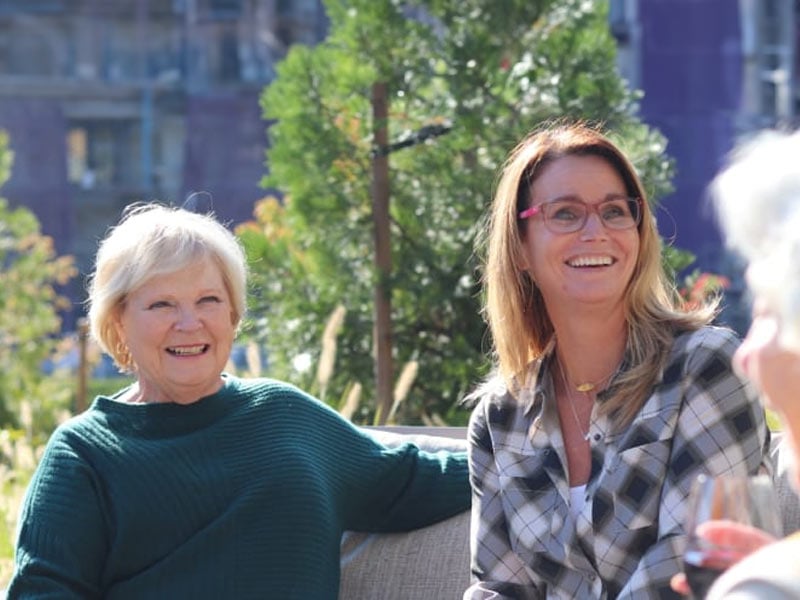For years, health professionals and researchers have studied the connection between two distinct types of heart health: Both the physical heart and emotional heart, to find the links that tie our physical wellness to our emotional wellness. The studies are quite clear — feeling a strong connection to community and personal contentment directly affects our physical health.
According to a study by researchers at the AARP Public Policy Institute and at Stanford and Harvard universities, the impacts of people living in social isolation add almost $7 billion a year to the cost of Medicare, mostly because of longer hospital stays — a result, researchers hypothesize, of not having community support at home.
As it turns out, loneliness can be a killer — an array of studies have found that it leaves us more likely to die from heart disease and makes us more vulnerable to Alzheimer's disease, high blood pressure, suicide, even the common cold.
So what can we do about feeling isolated as we age? We can perhaps take a page from the people who live in the few places in the world called “Blue Zones.” The term refers to geographic areas in which people have low rates of chronic disease and live longer than anywhere else. While diet and exercise play an important role in longevity, feeling supported and connected to others via religion, life purpose, family and social networks can also influence how long you live.
Even if you don’t live in a designated “Blue Zone,” we can all make small changes in our daily lives to enhance both our emotional and physical health.
Recommendations to give your heart the “emotional” boost it craves might include:
- Volunteering: Finding organizations that you are passionate about give you a built-in network of people who feel similarly about helping others and giving back. A sense of purpose is associated with better heart health above and beyond the effects of optimism and a positive outlook. In fact, a 2016 report in Psychosomatic Medicine found that people with a high sense of purpose in life had a lower risk of having a cardiovascular event (such as a heart attack or stroke) and of dying from any cause, compared with people who had a lower sense of purpose. Aside from giving you a sense of purpose and community, volunteering is physically beneficial because it keeps you active and on your feet.
- Spending Time with Friends: One recent study published in the journal PLOS ONE found that the strength of a person’s social circle—as measured by inbound and outbound cell phone activity—was a better predictor of self-reported stress, happiness and well-being levels than fitness tracker data on physical activity, heart rate and sleep. Spending time in the company of friends is shown to boost levels of cortisone and stimulate the brain.
- Taking it Outside: Spending time outdoors, especially in green spaces, is one of the fastest ways to improve your health and happiness. It's been shown to lower stress, blood pressure and heart rate, while encouraging physical activity and buoying mood and mental health. In one study, University of Michigan students were given a brief memory test, then divided into two groups. One group took a walk around an arboretum, and the other took a walk down a city street. The participants who walked among the trees performed 20% percent better than they had the first time, versus no measurable improvement of those who walked in the city streets.
- Tuning Out to Tune In: A recent study published in the American Journal of Health Promotion set out to determine what’s driving high rates of loneliness. Unsurprisingly, it found that social media, when used so much that it infringes on face-to-face quality time, was tied to greater loneliness, while meaningful person-to-person interactions, including being in a committed relationship, were associated with less loneliness.
A great place to start is to engage someone else in your life to join you in making the changes. Write down your goals- perhaps that can include taking a 30-minute walk each day, or simply sitting in nature for 30 minutes without the distractions of electronics or even trying to clear your mind of any stress you’re facing. If you’re looking for an outside network to connect with people, volunteering can provide a path to making new friends.
Slowly, these small changes can add up to new habits. Your heart will thank you!













